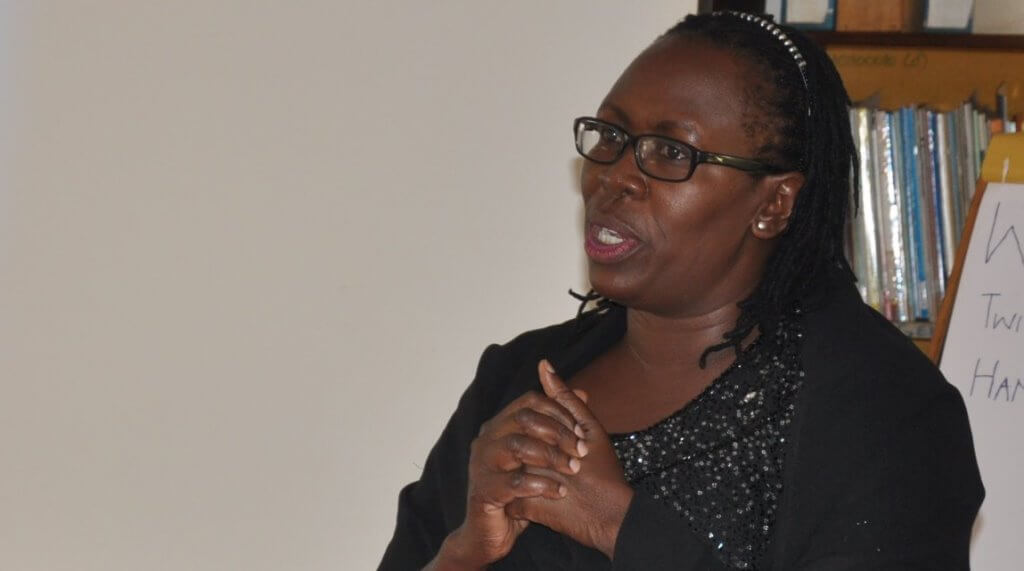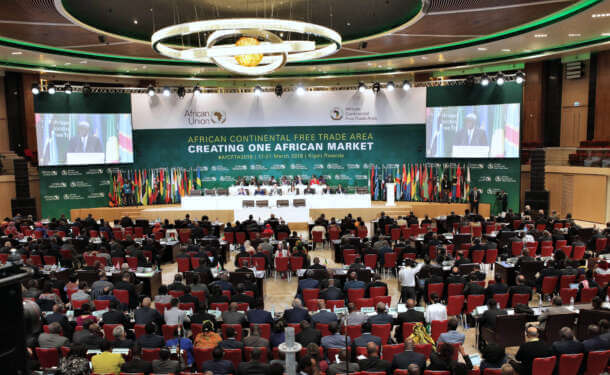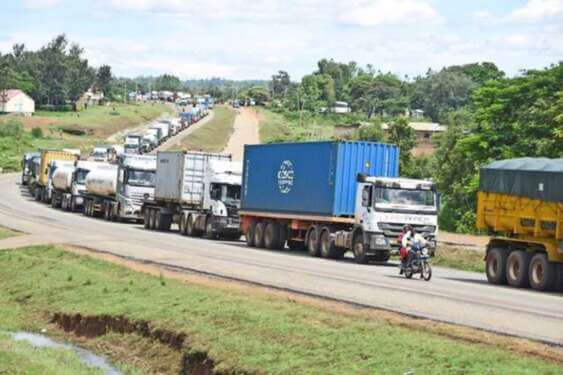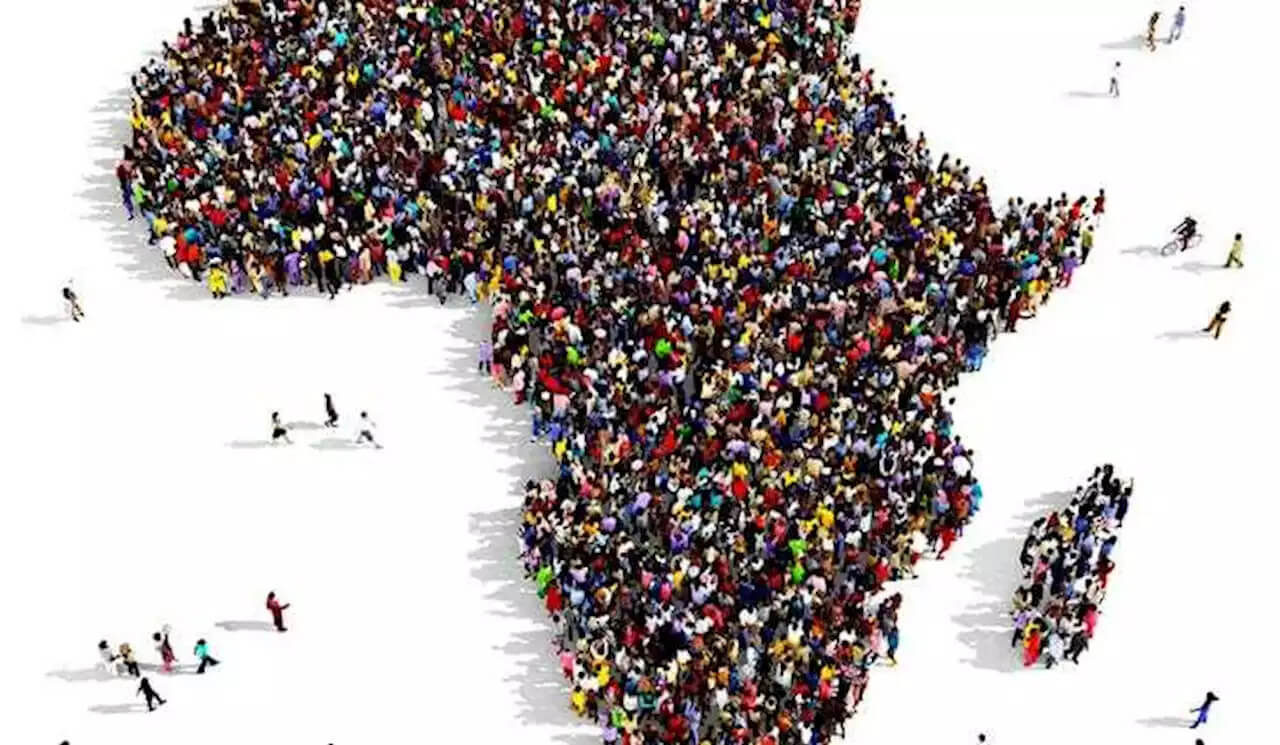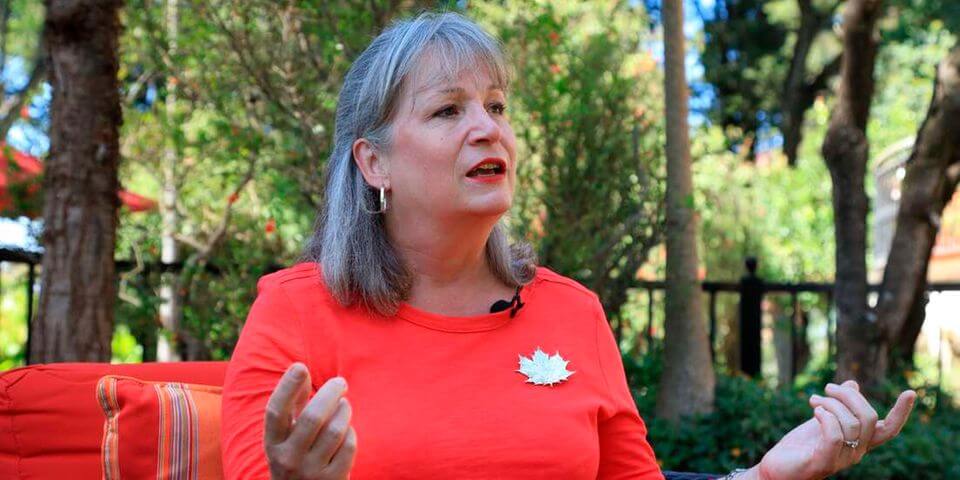WOMEN within the East African Community (EAC) are in need of facilitation support in cross-border trade after suffering huge loss due to lockdown and travel restrictions imposed by some regional member states. Following the outbreak of Covid-19 pandemic, some countries have restricted movements within and outside their territories, compelling women entrepreneurs to use informal routes. The Eastern African Sub-Regional Support Initiative for the Advancement of Women (EASSI) Executive Director Ms Sheila Mishambi noted that the impact of Covid- 19 on cross-border women traders across East Africa had been immense, forcing closure of at least 64.2per cent of womenowned businesses. A report on the study carried out since the outbreak of the pandemic in the six member states indicates that around 21.2per cent of the sampled women reported using informal routes to circumvent the existing Covid-19 measures in EAC partner states, with several narrations of tragic conseq uences. The report released by the TradeMark Africa (TMA), the study provides lessons and suggestions to EAC governments, donors, private sector and other stakeholders for future strategies to navigate the impacts of the coronavirus, from women surveyed and interviewed. Among suggestions outlined in the report in order to mitigate the impacts of Covid- 19 are that 62.7 per cent of the women interviewed called upon the respective governments to provide loans, grants, capital and funds or get them sponsors. Other suggestions are for governments to open all borders to small cross-border traders; provide masks, sanitizers and food for those who cannot work as well...
EAC women need help on cross-border trade revamp
Posted on: April 6, 2021
Posted on: April 6, 2021

